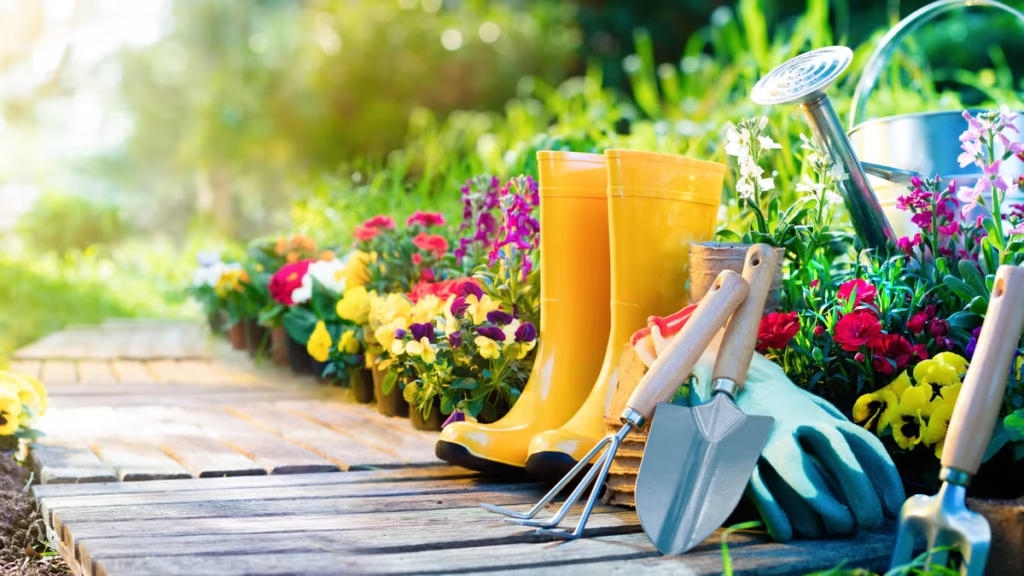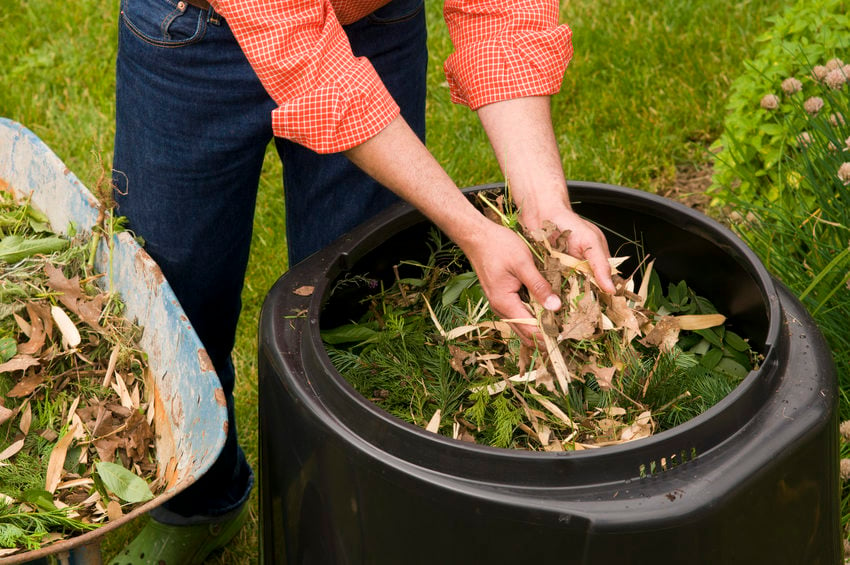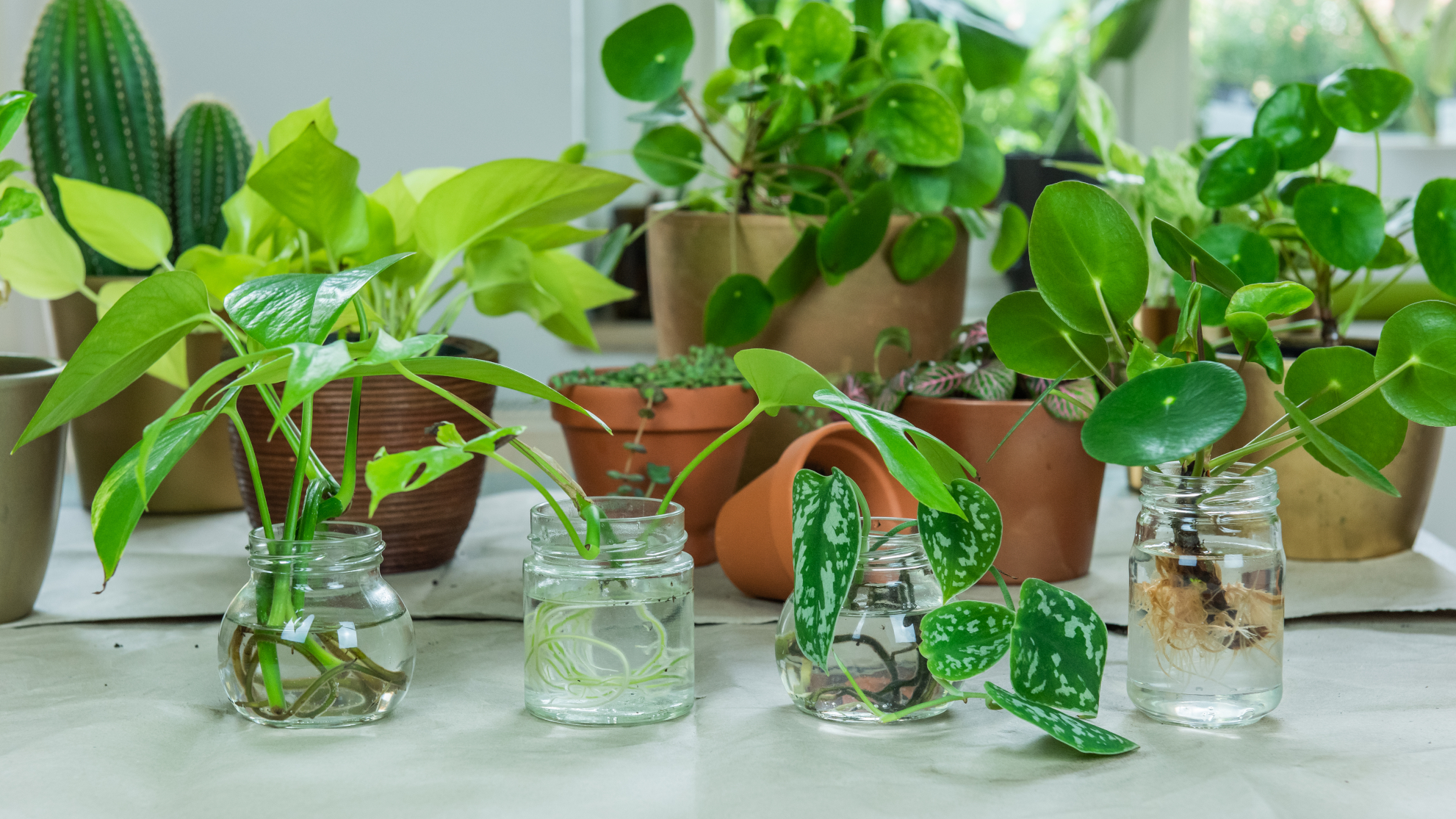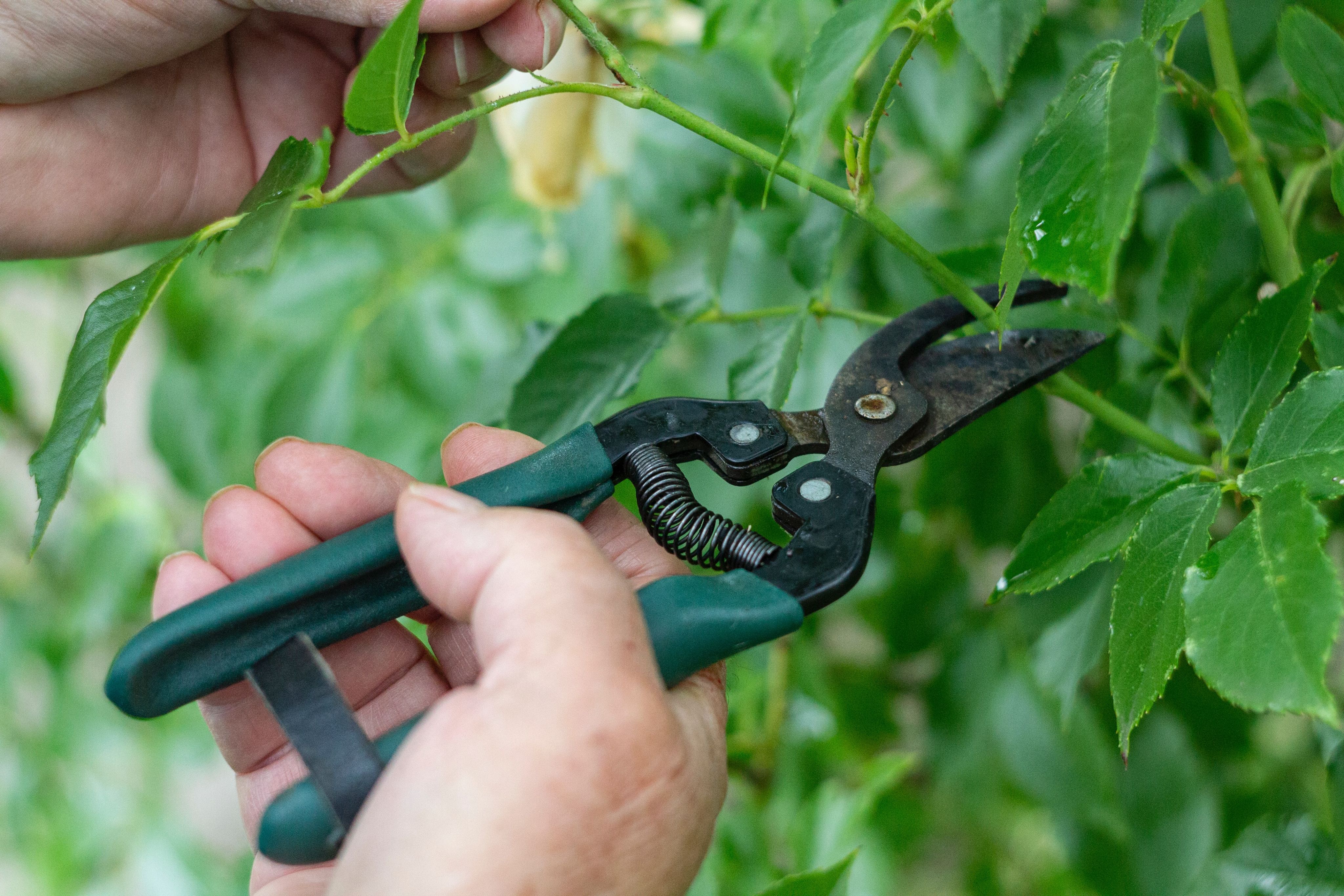

9 Gardening Supplies You Can Get for Free: How to Grow Your Own Food Without Breaking the Bank
Gardening is a wonderful way to grow fresh food, connect with nature, and even save some money. However, one of the most common reasons people shy away from gardening is the cost of seeds, tools, soil amendments, and other supplies. The truth is, gardening doesn’t have to be expensive. There are many supplies you can get for free or at a very low cost! While it might take a little extra planning and effort to find some of these resources, it’s definitely worth it if you want to keep your garden budget-friendly. Let’s dive into nine gardening supplies you can get for free to help you grow your own food on a budget!
1. Mulch

Mulch is incredibly important for your garden—it helps suppress weeds, retain moisture, and protect the soil. The good news is, you can find plenty of free mulch options around your neighborhood or local community.
- Grass Clippings: Ask your neighbors or local lawn maintenance services if you can collect their grass clippings.
- Newspapers: Old newspapers make excellent mulch and weed barriers. Ask local stores or offices if they have any leftover papers you can take.
- Wood Chips: Many tree service companies offer free wood chips, sometimes even delivering them to your garden.
- Fall Leaves: Collecting leaves in the fall is a great way to add natural mulch. Most people bag up their leaves, so ask if you can take them off their hands.
Tip: Check out local Freecycle groups or Craigslist for even more free mulch options.
2. Compost

Healthy, nutrient-rich soil is essential for a thriving garden, and compost is one of the best ways to improve your soil without spending a dime. Here are a few ways to get free compost:
- Make Your Own: Start a compost pile in your yard using kitchen scraps (like fruit and vegetable peels), coffee grounds, and yard waste.
- Free Leaves: As mentioned above, fall leaves are a great source of compost material. You can gather bags of leaves from your neighbors or local parks.
- Animal Manure: Some farms offer free manure for composting. If you’re willing to pick it up yourself, it can be an excellent addition to your compost pile.
3. Seeds

You can’t have a garden without seeds! Luckily, there are plenty of ways to get seeds for free, and it doesn’t have to cost you a fortune.
- Seed Exchanges: Join a local or online seed exchange program. Even if you don’t have seeds to share this year, you can still join and promise to save seeds for next season.
- Save Your Own Seeds: You can save seeds from organic produce you buy at the store. Most fruits and vegetables like tomatoes, cucumbers, peppers, and melons can be saved for next season’s garden.
- Old Seeds: Some stores may offer last year’s seeds for free or at a deep discount if they’re pulled from the shelves. Ask around at your local garden center.
4. Plant Starts

Sometimes it’s easier to start with seedlings rather than growing from seed, especially for beginners. Fortunately, there are ways to score free plant starts:
- Old or Worn-out Plants: If you visit your local garden store or farmer’s market, you may be able to grab plants that are past their prime for free or very cheap.
- Bartering: If you have gardening friends, offer them a service in exchange for seedlings. Maybe you can help them in their garden, or lend a hand with weeding or harvesting in exchange for some plant starts.
- Regrow From Scraps: You can regrow onions from their root ends, celery from the base, or even potatoes from eyes. Some store-bought produce can be easily regrown at home!
5. Plant Cuttings

Many plants can be propagated from cuttings, so you don’t always have to start from seeds. Here are some plants you can grow from cuttings:
- Berries and Grapes: Ask neighbors or friends with established berry patches if you can take cuttings of blackberries, raspberries, or grapes. Many plants will sprout new shoots that you can root and grow into new plants.
- Perennial Herbs: Many herbs, such as rosemary, basil, and thyme, can be rooted in water and then planted in your garden.
- Tomato Suckers: Tomato plants produce suckers that you can cut off and root in moist soil to start new plants.
6. Seed Starting Containers
:max_bytes(150000):strip_icc()/herocontainerdiy-54a28baa55284d5784a08ff6155153a3.jpg)
Starting seeds indoors can be a cost-effective way to kick off your gardening season. Instead of buying expensive seed trays or peat pots, you can use materials you already have at home:
- Recycled Containers: Yogurt cups, milk cartons, and egg cartons make great seed starting containers. Simply poke a hole in the bottom for drainage and fill them with soil.
- Newspaper Pots: You can make your own seed-starting pots using recycled newspaper. They’re eco-friendly and biodegradable.
- Free Pots and Planters: Check Freecycle, Craigslist, or Facebook Marketplace for free or cheap planters and pots that people no longer need.
7. Bamboo

Bamboo is a great material for staking plants, building trellises, or even creating garden structures like a tipi or bean tunnel. If you look around, you might be able to find bamboo for free:
- Local Bamboo Owners: Many people have bamboo growing in their yards, and they’re often eager to get rid of it. Check Craigslist or ask around your neighborhood.
- Freecycling Bamboo: Bamboo is a fast-growing plant, and it often grows in abundance. Ask around or look for bamboo harvests listed on Freecycle or Craigslist.
| Method | Description |
|---|---|
| Local Bamboo Owners | Many people have bamboo growing in their yards, and they’re often looking to get rid of it. Bamboo can spread quickly, and some people may find it invasive. Check Craigslist or ask neighbors if they’re willing to give away or sell bamboo at no cost. Often, they just want it cleared out. |
| Freecycling Bamboo | Bamboo grows quickly and can spread rapidly, meaning it often becomes available for free. Check Freecycle, Craigslist, or local online groups for bamboo harvests being given away. People frequently offer bamboo for free when it becomes too much to handle. |
| Check Landscaping Companies | Many landscaping companies remove bamboo as part of their routine work. If they are removing bamboo from someone’s yard, they might be willing to give it away or sell it cheaply. Contact local landscaping services and ask if they have bamboo available after removal. |
| Bamboo Harvests After Storms | After strong storms, fallen bamboo stalks may be available for free. You can visit parks, neighborhoods, or areas near bamboo patches that were affected by a storm to collect the fallen bamboo. Check local storm cleanup or debris removal events for bamboo material that is available. |
| Local Gardening Groups or Forums | Joining local gardening forums, Facebook groups, or neighborhood community boards can provide opportunities to find bamboo for free. Other gardeners may be thinning out their bamboo and offer it to others who can make use of it. |
8. Pallets

Wooden pallets can be used in all sorts of ways in the garden, from building fences and compost bins to creating vertical herb gardens. Here’s where to find them:
- Local Feed Stores and Breweries: These businesses often have extra pallets they don’t need. Ask if you can take them off their hands.
- Drive Around: Keep an eye out for discarded pallets behind stores or warehouses. You can often pick them up for free, as long as you’re willing to do the hauling.
- Check Freecycle and Craigslist: People are constantly giving away pallets for free on these sites.
9. Tools

Gardening tools can be one of the priciest aspects of starting a garden. However, you don’t always need to buy brand-new tools. Here’s how to get what you need without spending a lot:
- Borrow or Barter: If you need a specific tool, try borrowing it from a neighbor or friend. If you’re gardening with someone, consider bartering—offer to help in their garden in exchange for using their tools.
- Repurpose Household Items: For example, a spoon can be used as a hand shovel, or an old broomstick can be repurposed for staking plants.
- Freecycle and Craigslist: Keep an eye on local free or cheap gardening tools. You might find someone offering old tools they no longer need.
Gardening FAQ
How can I start a garden with little money?
Start small with what you already have! Use recycled containers for seed starting, look for free mulch, compost, and seeds, and repurpose materials like bamboo or pallets for garden structures. These low-cost options can get you started without a big investment.
Can I grow my own plants without buying seeds?
Yes, you can! You can save seeds from your grocery store produce (like tomatoes, peppers, and melons), join seed exchanges, or even regrow kitchen scraps like onions and potatoes.
Where can I find free compost?
You can make your own compost from kitchen scraps, yard waste, or old manure. You might also find free compost from local farms or through online groups like Freecycle or Craigslist.
Are there ways to avoid buying expensive garden tools?
Yes! Instead of buying new tools, borrow or barter with neighbors, repurpose items from around your home, and check Freecycle or Craigslist for free or inexpensive tools.
What can I use for mulch besides store-bought options?
There are plenty of free mulch options, such as grass clippings, leaves, wood chips, and even newspapers. These are often available for free if you ask around or check online groups.
Conclusion
Gardening doesn’t have to be expensive! With a little creativity and resourcefulness, you can grow your own food for free or at a very low cost. By using free mulch, compost, seeds, and tools, you can create a thriving garden without breaking the bank. So, get out there and start gardening without the financial worry—your plants will thank you! Happy gardening!
